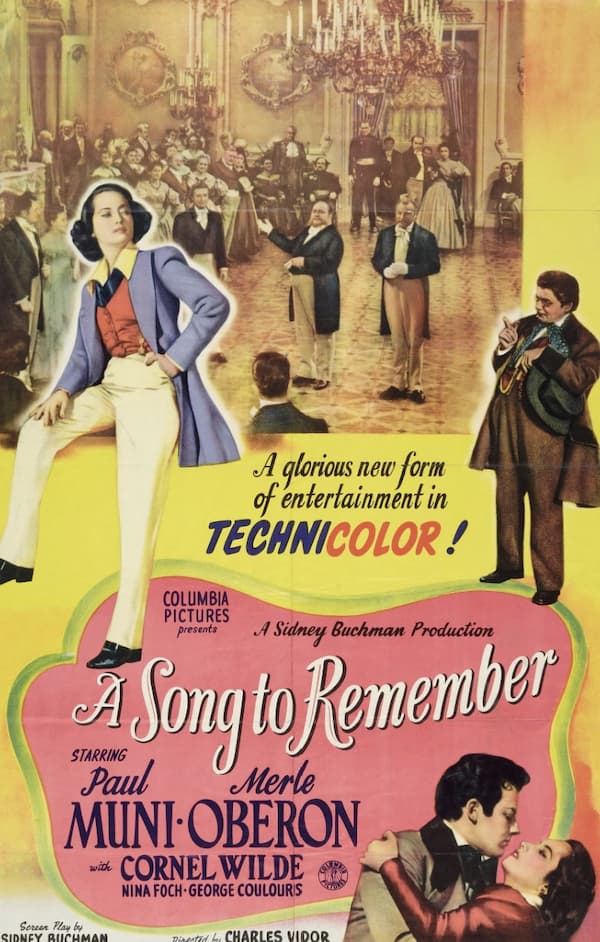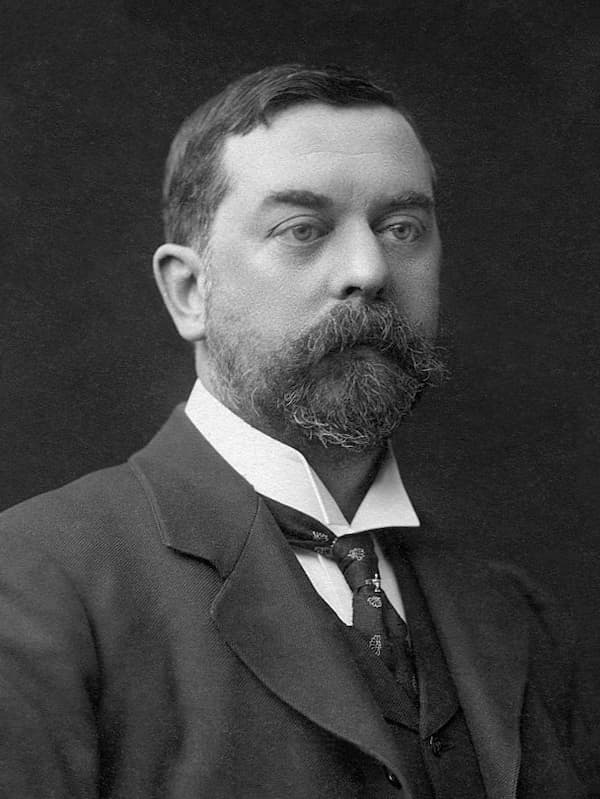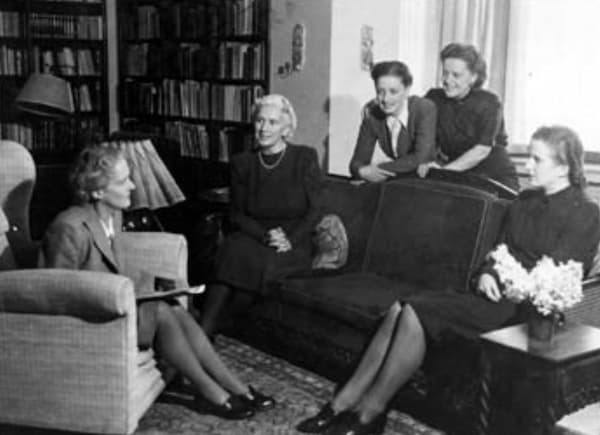Poet Placide Cappeau (1808–1877) was so inspired by the new stained glass windows in his church in Roquemaure, France, that he wrote a poem, ‘Minuit, chrétiens’ in its honour. It’s a powerful poem urging Christians to use midnight as the point where they change their character; just as Jesus descended on midnight to erase original sin and turn aside the wrath of God the Father, so believers should humble themselves before God. The next verse tells the story of Christ’s birth in Jerusalem. Then having shriven themselves, they should rise and sing of their deliverance.
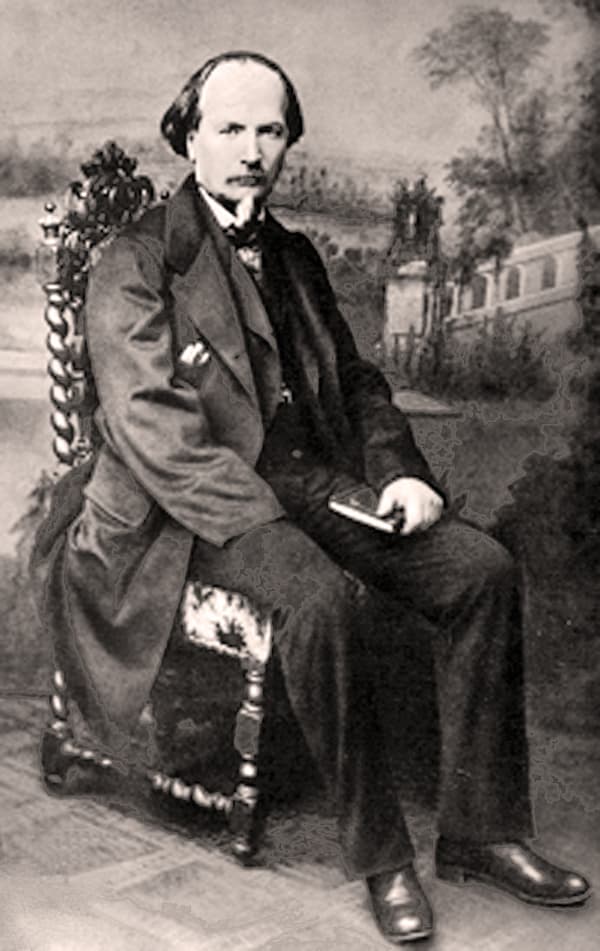
Placide Cappeau
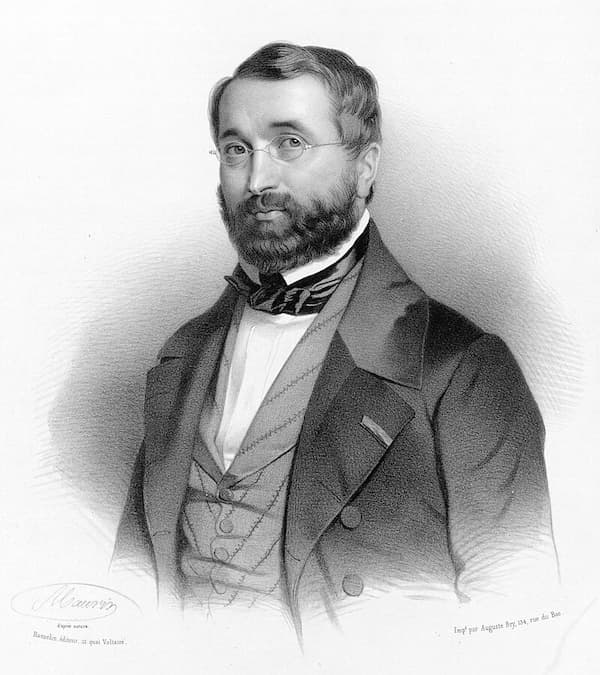
Nicolas Eustache Maurin: Adolphe Adam, 1840 (Gallica: btv1b8415265x)
French composer Adolphe Adam (1803–1856) set the poem to music, and it was performed in Roquemaure at Midnight Mass for Christmas 1847. Adam, better known for his ballets (Giselle and Le corsaire) and operas (Le postillon de Lonjumeau and Si j’étais roi) set the words to music under the title Cantique de Noel and controversy immediately ensued. The song was referred to as a ‘religious Marseillaise’ because of its call for Christian action The 1848 Revolution had just broken out in France, and the Catholic hierarchy wanted to distance itself from calls to action: official publications called Cappeau a ‘socialist drunk’ and others named Adam as Jewish, a falsehood that seems to self-perpetuate. Cappeau’s writing was very much in the Jesuit tradition he’d been educated in, and church criticism found his theology dubious. The militant tone of the poem, given the revolution in the street, made official Catholics call for distancing. The Revue de Musique Sacrée called for the piece to be discarded entirely, saying that its ‘popularity is becoming unhealthy. It is sung in the streets, at social gatherings, and at bars with live entertainment. It becomes debased and degenerated. Even after WWI, the piece was decried and was omitted from church hymnals.
Adolphe Adam: Cantique de Noël (O Holy Night) (arr. for choir and organ) (Gonville and Caius College Choir, Cambridge; Geoffrey Webber,cond.)
However, the work was heard in France and then brought to local congregations in Canada, where it became a tradition of Midnight Mass. It was generally sung by a soprano or a treble voice – but this didn’t mean that Adam didn’t include a couple of very high notes that tested every singer!
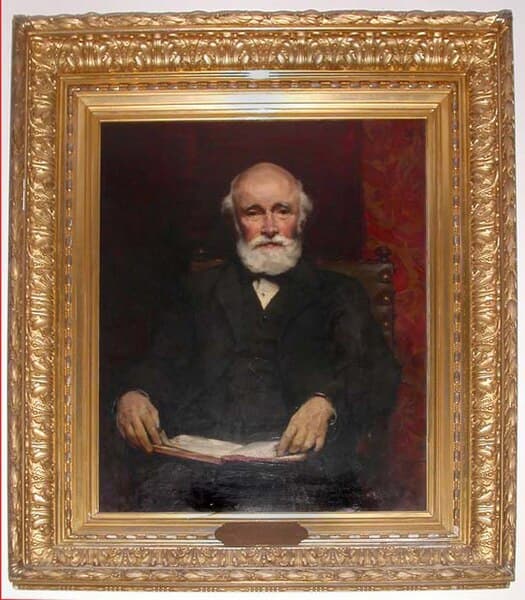
John Sullivan Dwight (Harvard Musical Association)
In 1855, American music critic and Unitarian minister John Sullivan Dwight translated the song (very freely) into ‘O Holy Night’. He’d been looking for material for his magazine, Dwight’s Journal of Music, and found Adam’s and Cappeau’s work. He translated it into English and, in his translation, put in some of the ideas of the mid-19th century, such as equality (which was driving the anti-slavery movement). Abolitionist lines such as ‘Chains shall He break, for the slave is our brother, and in His name all oppression shall cease!’ changed Cappeau’s ideas for a more universal gospel of peace and love. Cappeau: Il voit un frère où n’était qu’un esclave, L’amour unit ceux qu’enchaînait le fer (He sees a brother where there was only a slave, Love unites those who were chained by iron) voices a slightly different sentiment.
Adolphe Adam: O Holy Night (Cantique de Noël) (arr. M. Pappenheim for soprano, choir and chamber ensemble) (Katherine Watson, soprano; London Choral Sinfonia; Michael Waldron, cond.)
Despite its controversial beginning, ‘O Holy Night’ is considered one of the most popular sacred Christmas songs and has been recorded by pop artists such as Mariah Carey, Josh Groban, the cast of Glee, and Michael Crawford, NSYNC, the Trans-Siberian Orchestra, Celine Dion, Ella Fitzgerald, Carrie Underwood, Andrea Bocelli, Jennifer Hudson, and Kelly Clarkson among many, many more.
For more of the best in classical music, sign up for our E-Newsletter

